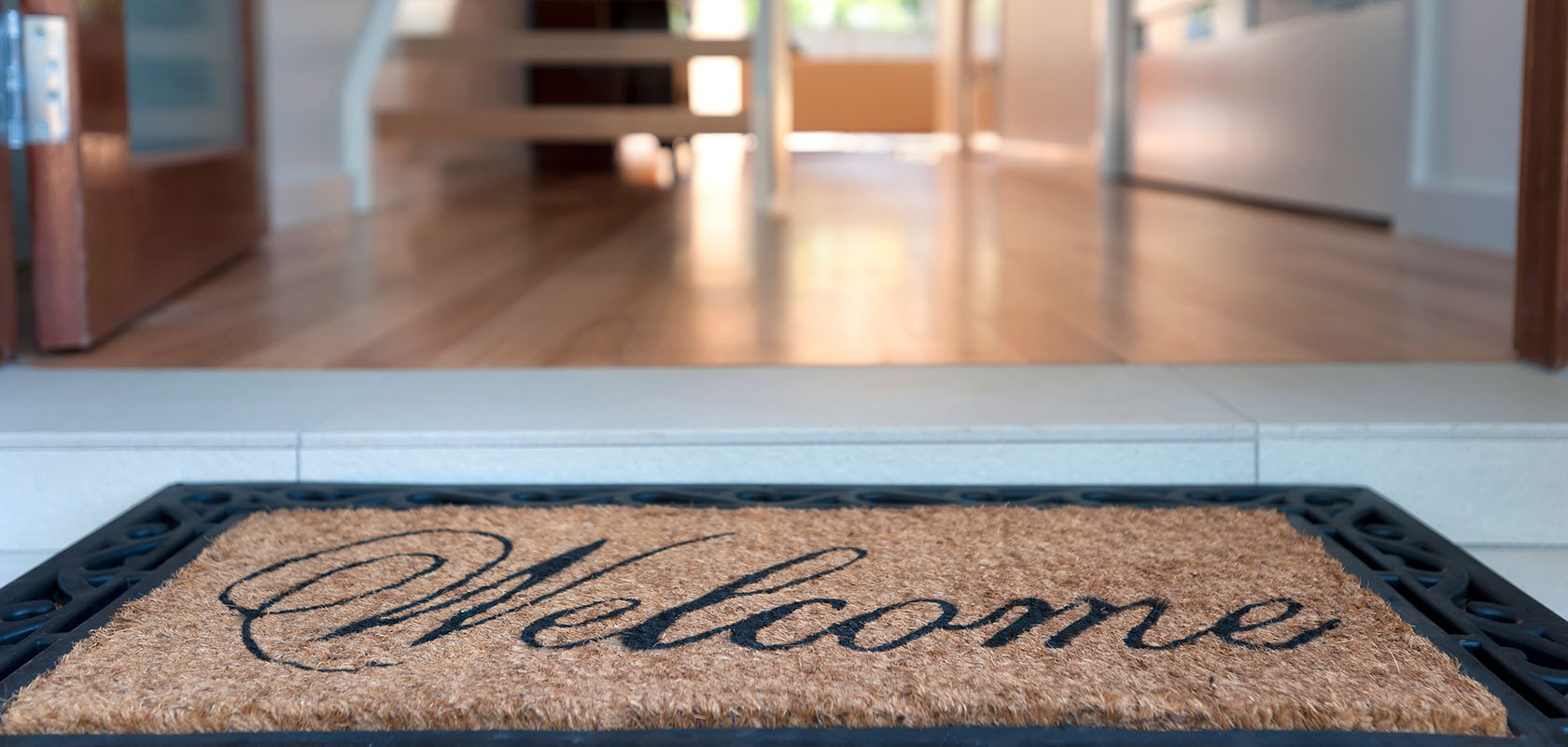Often requested by realtors, getting pre-approved for a home loan is a best practice to help you determine how much you can borrow before placing an offer on a new place to call home. You’ll learn more about how pre-approval works with Greater Nevada Mortgage, and other important info to guide you on your homebuying journey.
Mortgage Pre-Approval

Pre-Approval Process
The process to get pre-approved is simple when you choose to work with us:
Submit Application & Credit Report
We’ll need to pull your credit report and do a brief review of your income/assets included in your application.
Pre-Approval
Based on your credit report and initial info in the preliminary review, we will determine if you can be pre-approved. If yes, then we will generate a mortgage pre-approval letter that states your credit has been pre-approved for up to a specific purchase price.
Approval
For final approval, we’ll need to do a more in depth review of additional documents, such as bank statements, paystubs, gift letters and a list of monthly debts. We’ve created a mortgage documents checklist to help you gather most of what you’ll need to provide.
Mortgage Pre-Approval FAQs
Here’s a selection of questions we’re commonly asked about the pre-approval process. Don’t see your question listed? Give us a call at 775-888-6999 or 800-526-6999, or send your question directly to us and a lending professional will follow back up with you.
-
What’s the difference between a pre-approval vs pre-qualification?
These terms can get a bit confusing since different organizations use pre-approval and pre-qualification in different ways, sometimes interchangeably, but there’s a big difference between the two. Industrywide, this is what pre-qualification and pre-approval generally mean.
Pre-qualification is an estimate based on limited data when buying a home. Thousands of people receive letters on a daily basis congratulating them on being pre-qualified for large sums of credit or money. However, most recipients would not be approved for those lofty numbers once banks start looking your current standing against their qualifications.
Pre-approval is a more rigorous process done by a lender’s underwriting department where the financial institution will pull your credit report and look at your bank statements, income, assets, and debt to determine how much money they will lend you to buy a home. This pre-approval document can then be presented to a realtor, so they know you can borrow the money to meet the asking price for that property.
-
Why should I get pre-approved?
Pre-approval can be a helpful tool when looking to buy a house, giving you an advantage versus waiting to try and do it all after finding the house you want. Pre-approval helps with two things:
- It saves time. You don’t have to wait to be approved before your offer is accepted.
- It gives the seller certainty that you can afford to buy a home. Otherwise, the sale might fall through if you don’t get approved to borrow the money for the purchase.
After you sign the paperwork, the bank will still need to appraise the house to ensure the home is worth that price.
-
How long does it take to get pre-approved by Greater Nevada Mortgage?
Upon receipt of all income and asset documents requested, pre-approval can typically be issued within a short period of time.
-
What’s the best way to get approved for a mortgage?
Knowing your financial health is crucial to starting the approval process. Preparing your documents can ensure the approval process goes quickly and smoothly. Here’s how you should start:
Check your credit
Get your credit score and a free credit report at AnnualCreditReport.com. You’re entitled to a free credit report every 12 months from each of the three national credit bureaus (Experian, TransUnion, and Equifax). The better your credit score, the more you can potentially borrow and get better interest rates. You can dispute any errors on your credit report as well.
Calculate your debt-to-income ratio
Your debt-to-income ratio (DTI) is important to your financial health. Take your gross monthly income and compare it to any debt payments (like credit cards), student loans, car loans, homeowners association dues, property taxes, homeowners insurance, and other regular payments. Money you spent on food, utilities, transportation, or entertainment won’t be included, so you don’t have to tell us how much you spend on streaming services or show us your takeout bills.
Prepare your financial documents
Lenders will require documents to check your financial health, such as bank statements, pay stubs, W-2s, gift letters, and more. For a complete list of documents you’ll need to get approved, visit our mortgage documents checklist resource.
Move to Greater
With decades of experience on our team, we have seen it all (almost everything, at least), and we regularly share our thoughts on a wide array of mortgage topics that could affect you as a new or existing homeowner. We also spotlight the incredible achievements of our team and clients because good news is meant to be shared.

